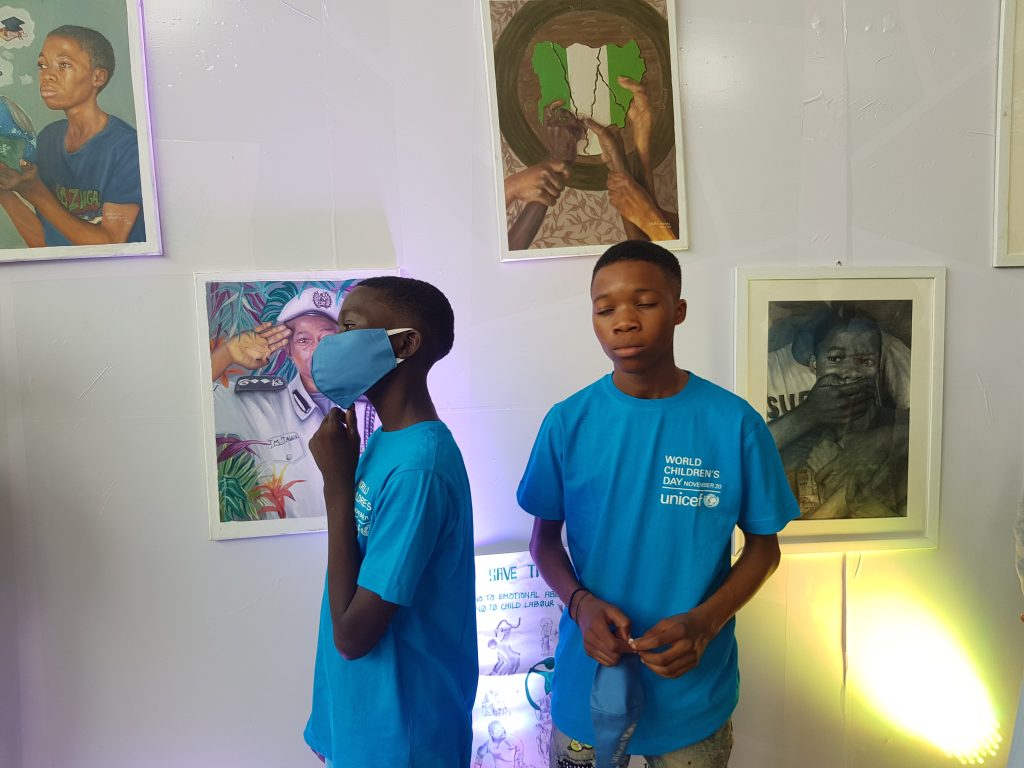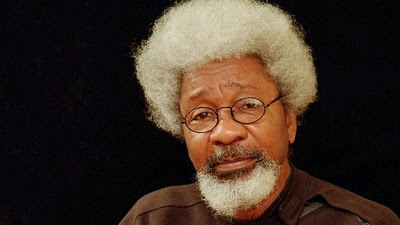World Children’s Day was first established in 1954 as Universal Children’s Day and is celebrated on 20 November each year to raise awareness on improving children’s welfare, advocate, promote, and celebrate children’s rights.

On November 20th, 1959, the UN General Assembly adopted the Declaration of the Rights of the Child and on same day in 1989, the UN General Assembly adopted the Convention on the Rights of the Child. Since 2009, World Children’s Day is being celebrated globally by the United Nations Children’s Fund (UNICEF) in UN member countries.
World Children’s Day is not just a day to celebrate children for who they are, it also raises awareness around the world about issues that violate children’s rights, while emphasising that childhood should be a time to grow and learn.

World Children’s Day 2022 Theme: Inclusion for every child
The theme for this year’s World Children’s Day is, “Inclusion, for every child”. This means that every child no matter the nationality, culture or ethnic group, is entitled to equal rights. Those rights include the right to freedom of thought, the right to protection from economic and sexual exploitation, and the right to education and recreation.
READ: Children Rights: A Path To A Better Nigeria
The latest statistics released by UNICEF revealed that there are at least 264 million out-of-school children across the world.
Nigeria is one of the countries with the highest number of out-of-school children with an estimated 20 million children not in school according to the latest data released by United Nations Educational, Scientific and Cultural Organisation (UNESCO). This figure is an alarming increase from the 10.5 million recorded by UNICEF in 2020.
These children never have the experience of putting on a school uniform, going to school, sitting in a classroom and listening to a teacher who will teach them how to read and write.
It is estimated that over 150 million children worldwide are engaged in child labour and over 10 million in modern-day slavery.
It’s important to note that child labour is not the same as child slavery. Child Labour is work that is harmful to a child’s physical and mental development and is undertaken when the child is in the care of their parents.

READ: How Poverty Hinders Education In Northern Nigeria
This is very common in Nigeria because oftentimes, their families live in abject poverty and the kids are forced to grow up and contribute to their livelihood.
That’s why you see kids hawking or working in construction sites carrying blocks or fetching water. Sometimes they spend the whole day doing menial labour and don’t have time to go to school. If they do, they are often exhausted and too tired to learn.

READ: Malnutrition threatens learning outcomes of children in Nigeria’s Northeast.
I reached out to Sherifat Umar, the Speaker of the Lagos State Children’s Parliament and asked her about the critical issues raised at the parliament, she told me that child abuse and child labour is a major concern. She said;
”Children are considered to be the future of the country. As they grow up, they are given opportunities to prove themselves so that they could be the ones who will help in developing the country. But what if I tell you there are cases in which a child is not allowed to experience his childhood but instead is thrown into adulthood where he or she is forced to work?
Child labour is a crime in which children are forced to work at a very young age. It’s considered an illegal activity because children between the age of 5-15 are not yet ready to work anywhere. It is sad to see that the age at which children should enjoy childhood are forced to work and enter adulthood.
“Statistics revealed that there are about 15 million child workers in Nigeria as of 2020, according to the International Labour Organisation (ILO), with the United Nations (UN) warning that the absence of mitigating strategies could see an increase in children engaged in Child Labour by the end of 2022. This, of course, will certainly have massive implications shortly.”
I asked her what she thinks could be done to end child labour in Nigeria and this is what she told me;
”It is crystal clear that Nigeria is an International Labour Organization (ILO) member since 1960 and has ratified 40 International Labour Conventions which is a good development for the country. However, there is a need to strictly enforce child labour laws as expected and extend social protection to them all. In addition, there is an urgent need to encourage legislative and practical actions to eradicate child labour.
Furthermore, the government needs to address the high informality of small businesses in the country because this sector largely drives child workers and labourers which are usually unpaid and with no adequate compensation in case of accident, injury or death.
More so, progress against child labour needs to be intensified by making sure primary and secondary education is legally mandatory. Similarly, if education is enforced without any form of interference it is likely to increase the general level of education in the country and reduce the exposure of children to labour at a tender age. It will not be out of place for parents, employers, organisations, civil society, academic institutions, regional organisations and even individuals to propose specific actions that may contribute, to and drive the end of child labour in the country.
READ: 6 Things You Need To Know About Neglected Tropical Diseases In Nigeria
As we celebrate World Children’s Day 2022, I urge leaders and decision-makers to give priority to ending child labour: to commit to action and initiatives that prevent child labour and enable children to enjoy their freedom.
I hope that the government of Nigeria will implement policies to ensure that every single child is not denied his or her rights.
DON’T MISS: More than 1.5 million children at risk as devastating floods hit Nigeria




![VeryDarkMan Excited As Burna Boy Donates N140 Million To His NGO [Video] 8 VeryDarkMan Excited As Burna Boy Donates N140 Million To His NGO [Video]](https://media.kanyidaily.com/2026/01/31195803/Burna-Boy-VeryDarkMan-images-150x150.jpeg)




![Seun Kuti And Wizkid's Fight Over Fela Is Unnecessary – Femi Kuti [Video] 18 Seun Kuti And Wizkid's Fight Over Fela Is Unnecessary – Femi Kuti [Video]](https://media.kanyidaily.com/2026/01/31120854/Femi-Kuti-Seun-Kuti-Wizkid-150x150.jpg)












